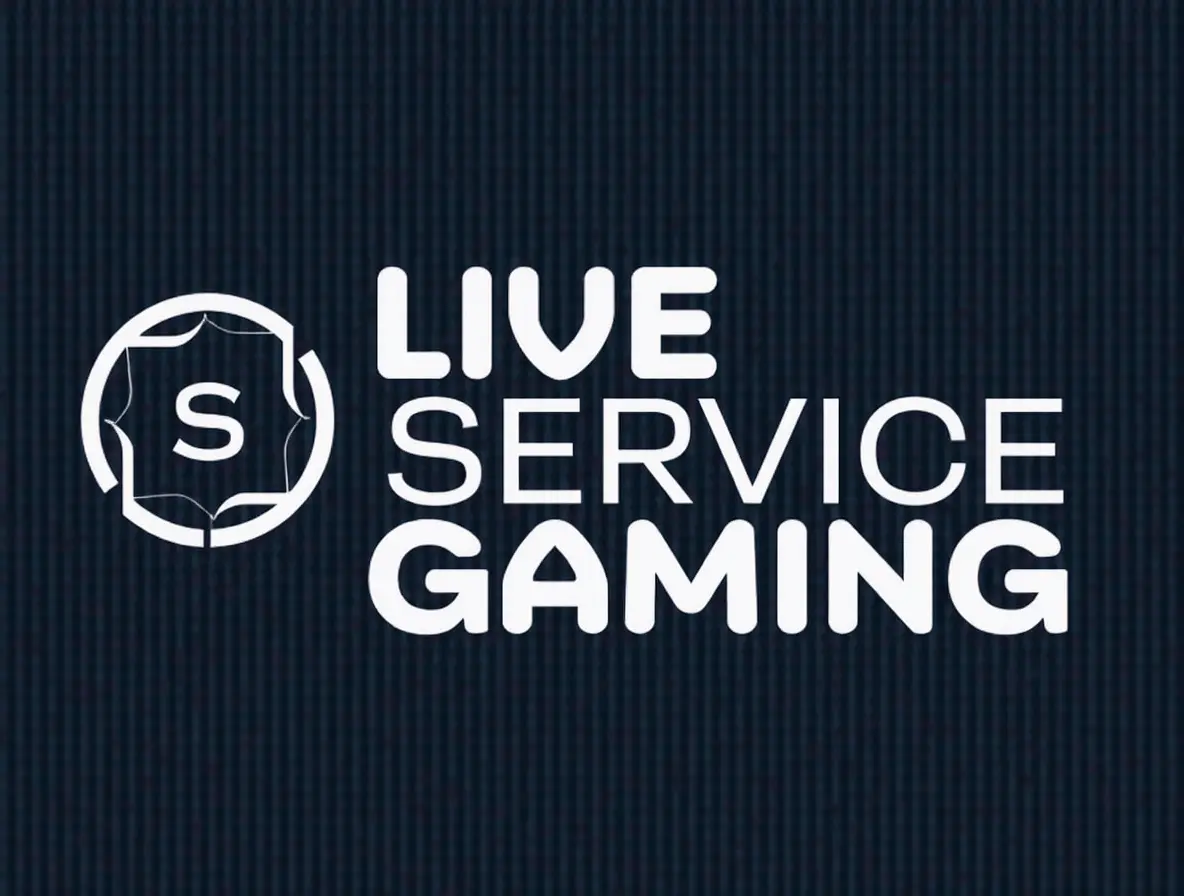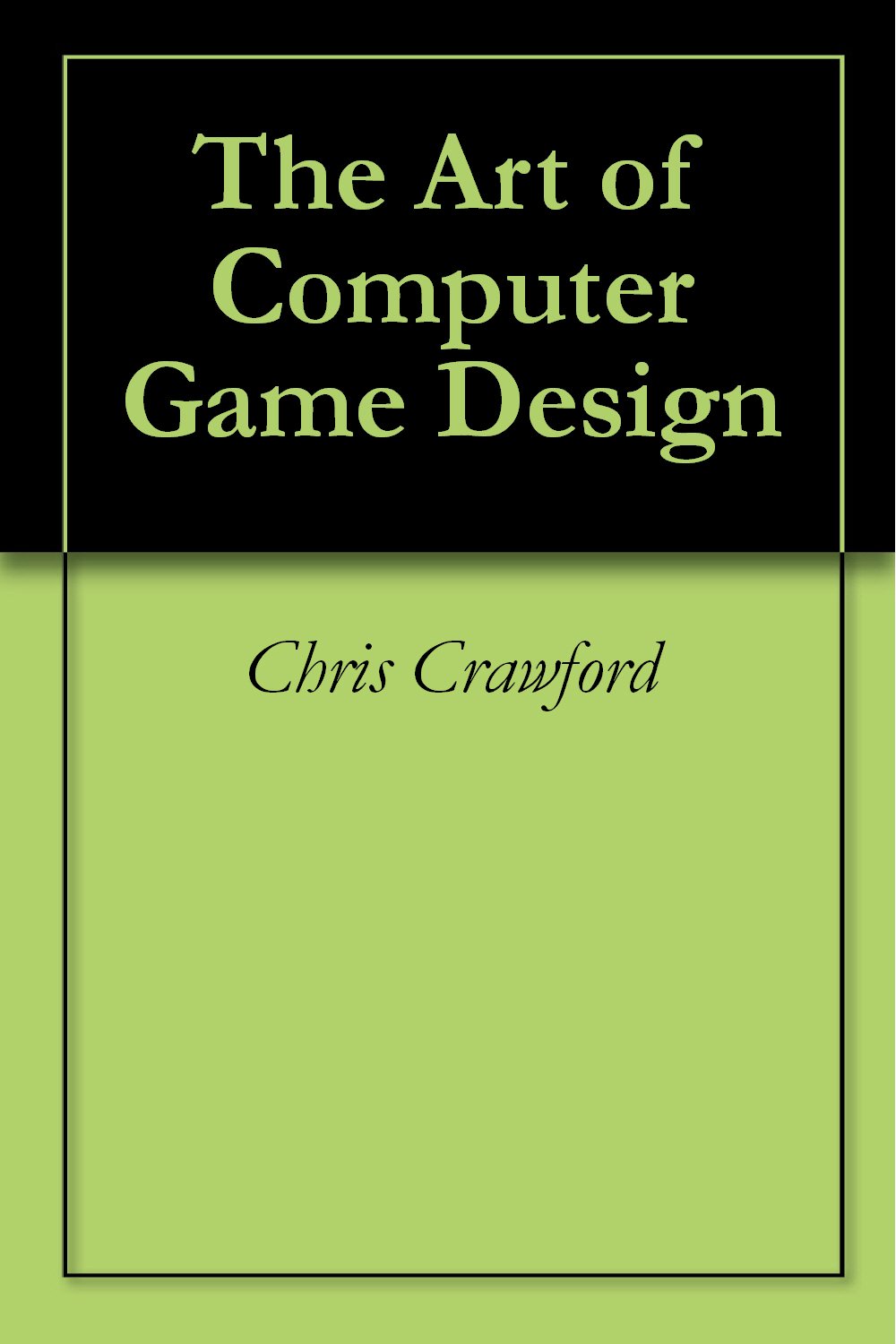FBC Firebreak Feels Like a Wake Up Call for Live Service Games
If you’ve been gaming long enough, you’ve probably watched more than a few live service games promise the world… and then quietly disappear. I’ve seen it happen over and over again. Big launches, aggressive roadmaps, endless battle passes and then burnout. Player burnout. Developer burnout. Everyone loses.
That’s why Remedy Entertainment’s new project, FBC Firebreak, immediately caught my attention. Not because it’s another multiplayer shooter, but because it’s asking a question most studios seem afraid to ask:
What if a live service game respected your real life instead of trying to control it?
As someone in my mid-30s juggling work, responsibilities, and way too many unfinished games, that idea alone feels refreshing.
Remedy’s Risky Move Into Live Service Gaming
Remedy has always been known for premium, story-driven single player experiences. Alan Wake 2, Control, Max Payne — these are games that leave a mark. So when I heard they were stepping into live service multiplayer with FBC Firebreak, my first reaction was skepticism.
The live service market in 2025 is brutal.
-
Player acquisition costs are sky-high
-
Competition is relentless
-
Gamers are tired of being “managed”
Studios with far more multiplayer experience have failed spectacularly in this space. On paper, this looks like a huge gamble for Remedy.
But the more I learned about Firebreak, the more it became clear: they’re not playing the same game as everyone else.
The Real Problem With Live Service Games (And Why Players Are Burned Out)
Let’s be honest. Most live service games don’t just want your time they want all of it.
Daily missions
Weekly resets
Monthly battle passes
Limited-time events
Miss a few days and suddenly you’re behind. Miss a season and you feel punished. The result? Players log in out of obligation, not excitement.
That fear of missing out might boost short term metrics, but long term it’s killing player trust.
FBC Firebreak flips this model entirely.
Instead of designing systems around engagement targets, Remedy is designing around how people actually live.
FBC Firebreak Is Built on the Player’s Terms
At the core of Firebreak’s design philosophy is a simple idea:
Play when you want. Progress how you want. Leave when you need to.
There are no daily login requirements.
No ticking battle pass clocks.
No pressure to grind just to stay relevant.
Progression happens naturally through missions, and players unlock gear through a straightforward system called Requisitions. You earn points, spend them on what you want, and move on.
As someone who can’t commit to gaming every night anymore, this alone makes Firebreak feel approachable.
Returning to the Control Universe (And Why It Works)
Firebreak is set inside The Oldest House from Control, and honestly, it’s the perfect choice.
If you’ve played Control, you already know how weird, unpredictable, and flexible that setting is. The building shifts. Reality bends. Logic takes a backseat. From a gameplay perspective, it’s a dream.
In Firebreak, three player squads take on co op missions to contain supernatural threats, rogue Objects of Power, and lingering Hiss corruption. The objectives lean into Remedy’s signature “grounded absurdity” things like chasing possessed sticky notes or stabilizing impossible spaces.
What I love here is that the setting doesn’t limit creativity. The Oldest House can be anything at any time, which gives Remedy endless room to evolve the game without breaking immersion.
Mission Customization That Fits Real Life
One of Firebreak’s smartest ideas is its mission customization system.
Before starting a job, players can tweak:
-
Enemy spawn rates
-
Objective complexity
-
Mission length
-
Overall intensity
Got 30 minutes after work? Run a fast, high-energy mission.
Have a relaxed weekend session planned? Slow it down and explore.
This flexibility is rare and incredibly important for adult gamers. Not every session needs to be a two-hour commitment, and Firebreak understands that.
No Meta Slavery, No Spreadsheet Gaming
Another bold decision: Remedy stripped out complex stats and heavy meta systems.
No endless damage percentages.
No mandatory “best builds.”
No pressure to min-max just to feel useful.
This keeps the community healthier and more welcoming. New players aren’t punished for not knowing the meta, and experienced players are free to experiment instead of chasing numbers.
It’s a design choice that prioritizes fun over optimization something modern multiplayer games often forget.
Asking Players for Less Is the Real Revolution
Game director Mike Kayatta has openly said that Firebreak isn’t trying to dominate your time and that’s almost shocking in today’s industry.
Most live service games want you locked in. Firebreak wants you to come back because you want to, not because you’re afraid of missing out.
This approach might not generate flashy engagement charts, but it could build something far more valuable:
a long term, loyal player base that doesn’t burn out.
Final Thoughts: A Live Service Game That Respects You
FBC Firebreak feels like a response to everything that’s gone wrong with live service gaming.
It respects your time.
It adapts to your schedule.
It removes artificial pressure.
As a gamer in my 30s, that matters more than ever.
Will this strategy succeed commercially? That remains to be seen. But creatively and ethically Remedy is on the right track. If more studios followed this player first mindset, the live service genre wouldn’t feel so exhausting.
For now, FBC Firebreak stands out not because it asks for more, but because it dares to ask for less.
And honestly? That might be exactly what modern gaming needs.



